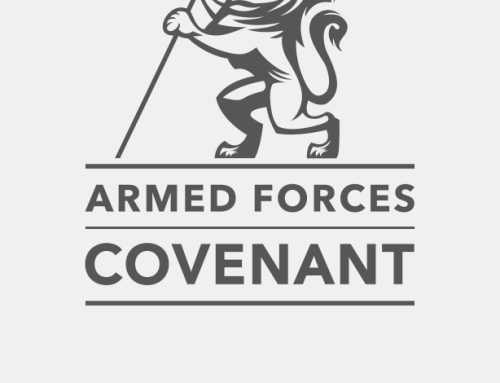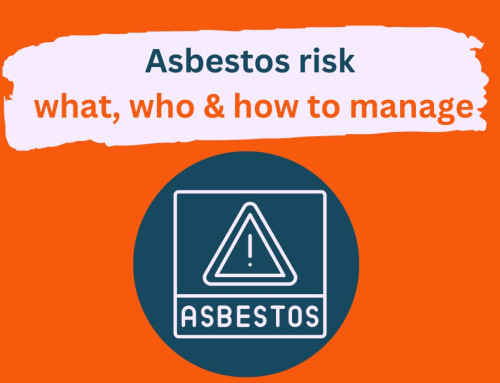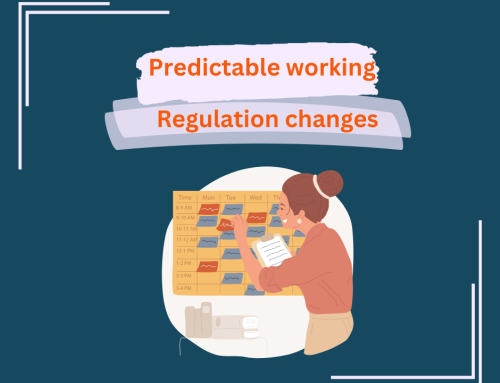Whatever type of organisation you run, insurance should form an integral part of your “Plan B”. Maintaining the organisation’s income and offsetting any additional costs incurred by a physical loss will be paramount.
This is the role of Business Interruption insurance.
Business Interruption insurance is a common type of insurance, often packaged together with Property Insurance, if you have a shop or office insurance package you will almost certainly have business interruption insurance.
This type of cover provides the insured organisation with a promise, from the insurer, to maintain its income following damage to their property, or to cover any additional costs of working incurred as a result of dealing with the loss.
Business Interruption Insurance comes in a number of different formats, relating to different kinds of income or costs and includes:
- Loss of Income,
- Gross Profit,
- Loss of Revenue,
- Loss of Rent, and
- Rent Payable.
Business interruption is always insured on an indemnity basis which means that the insurer will provide the insured with a sum of money, in this case, equivalent to the amount of revenue, profit or rent the insured would usually have received.
So, for example, lets say your shop is burnt to the ground. The insurer will reinstate the property, the fixtures and fittings, and provide you with funds to restock the shop. If the shop would usually generate income of £250,000 a year, you could risk losing that income whilst the business is being put back together. The purpose of Business Interruption insurance is to plug that gap, it is that section of cover which will pay you the equivalent amount of income you would normally have expected to receive during the period insured – usually 12 or 24 months.
Sometimes Business Interruption claims aren’t settled simply and swiftly. A common reason for these claims not being fully settled is underinsurance. To avoid this, make sure you forecast your income for more than the next 12 months.
You won’t ever know what your turnover will actually be, but you can assess a likely amount based on previous years’ performance, the anticipated growth or contraction of the organisation and take into account any economic factors. If you don’t get this right, you may not get a full settlement, better to overestimate than underestimate.
You should also consider the Indemnity Period you will need. This means the length of time for which the insurer will provide an indemnity. For example, if it would take more than 12 months to have your business’ property reinstated and reopened, and get the income back up to the pre-loss levels then make sure you insure for 24 or 36 months. In which case, you will need to put together financial forecasts for that period of time.
If you run a charity, then it might not be appropriate to insure for loss of revenue (i.e. your income will not suffer if you lose your premises) and so you should consider insuring for increased costs of working – for example if you might incue additional costs as a result of finding new office space.
As your broker we need to know a few things:
- your 12/24/36 month financial forecast,
- how long you think it would take to get back to where you were before a loss,
- what extra costs you would incur to relocate your office or set up staff to work from home (if applicable),
- where your income comes from – and would it be interrupted by the loss of your shop/office/etc?
- whether you have a business continuity plan.
Do you buy Business Interruption insurance at the moment? If this blog has raised any questions, and you’d like our help to answer them, do get in touch with us. Likewise, drop us a line if you are thinking about putting this ind of insurance in place, we specialise in helping organisations arrange commercial and charity insurance policies. Finally, for more information about how to buy insurance you can download our buyers’ guide.





